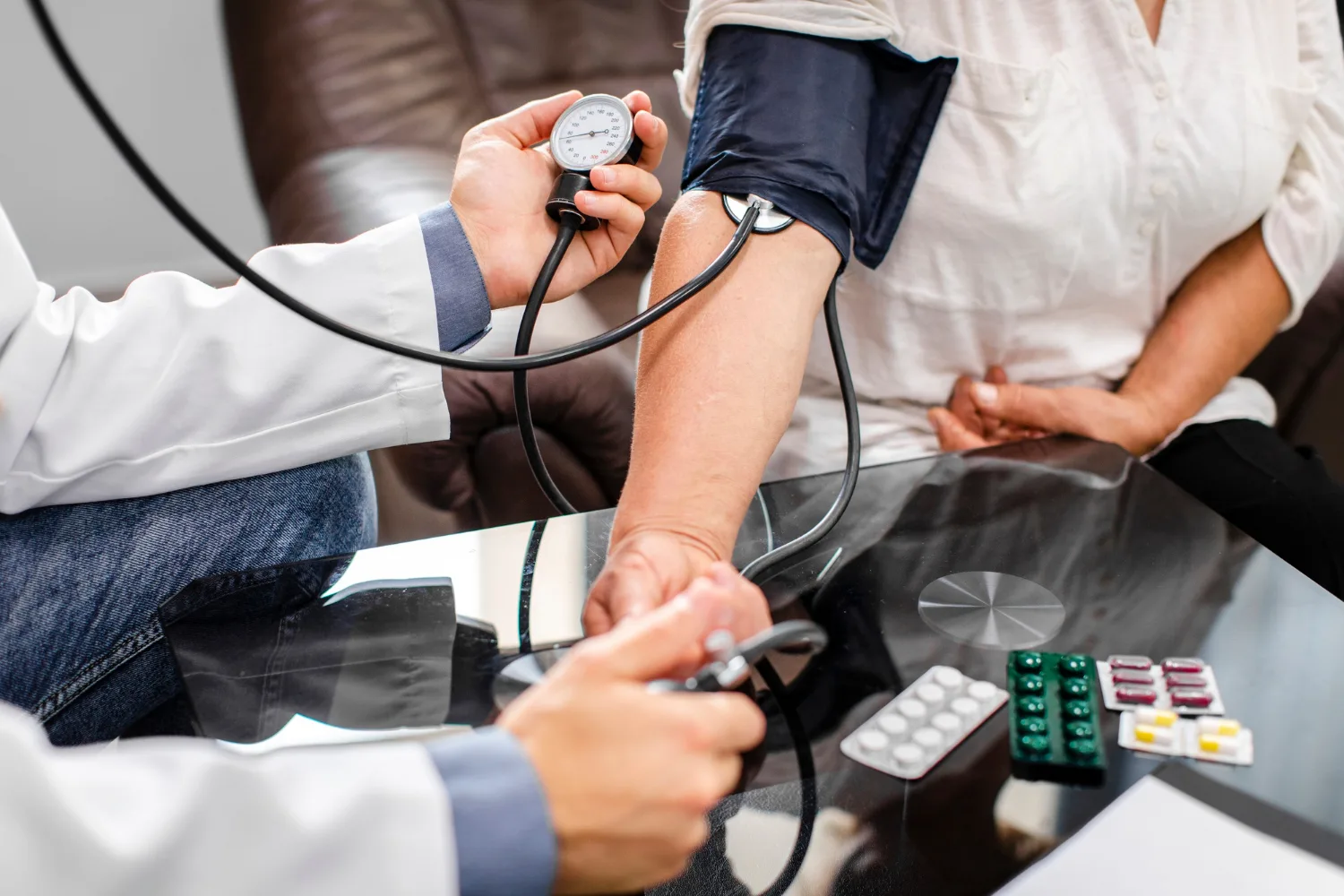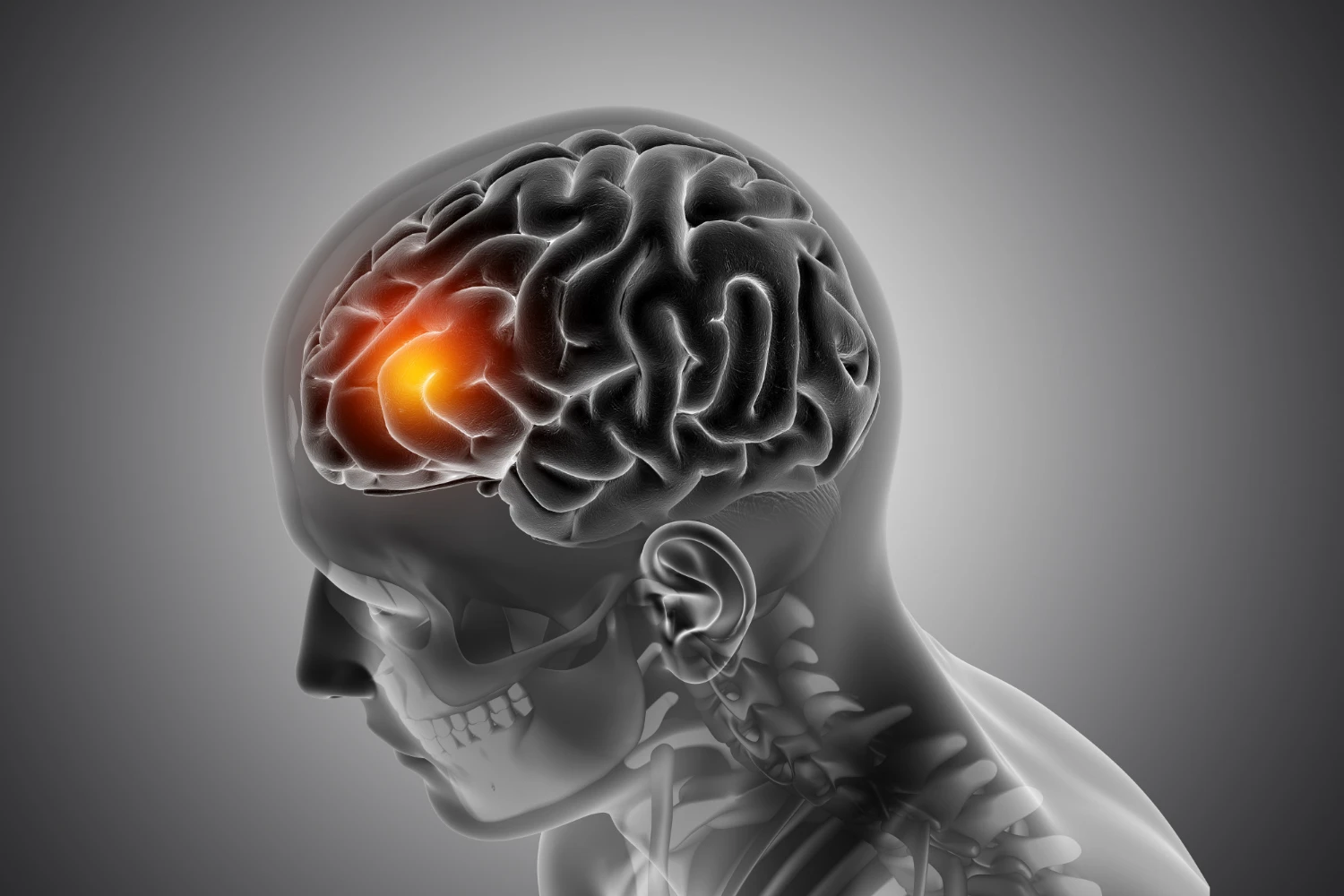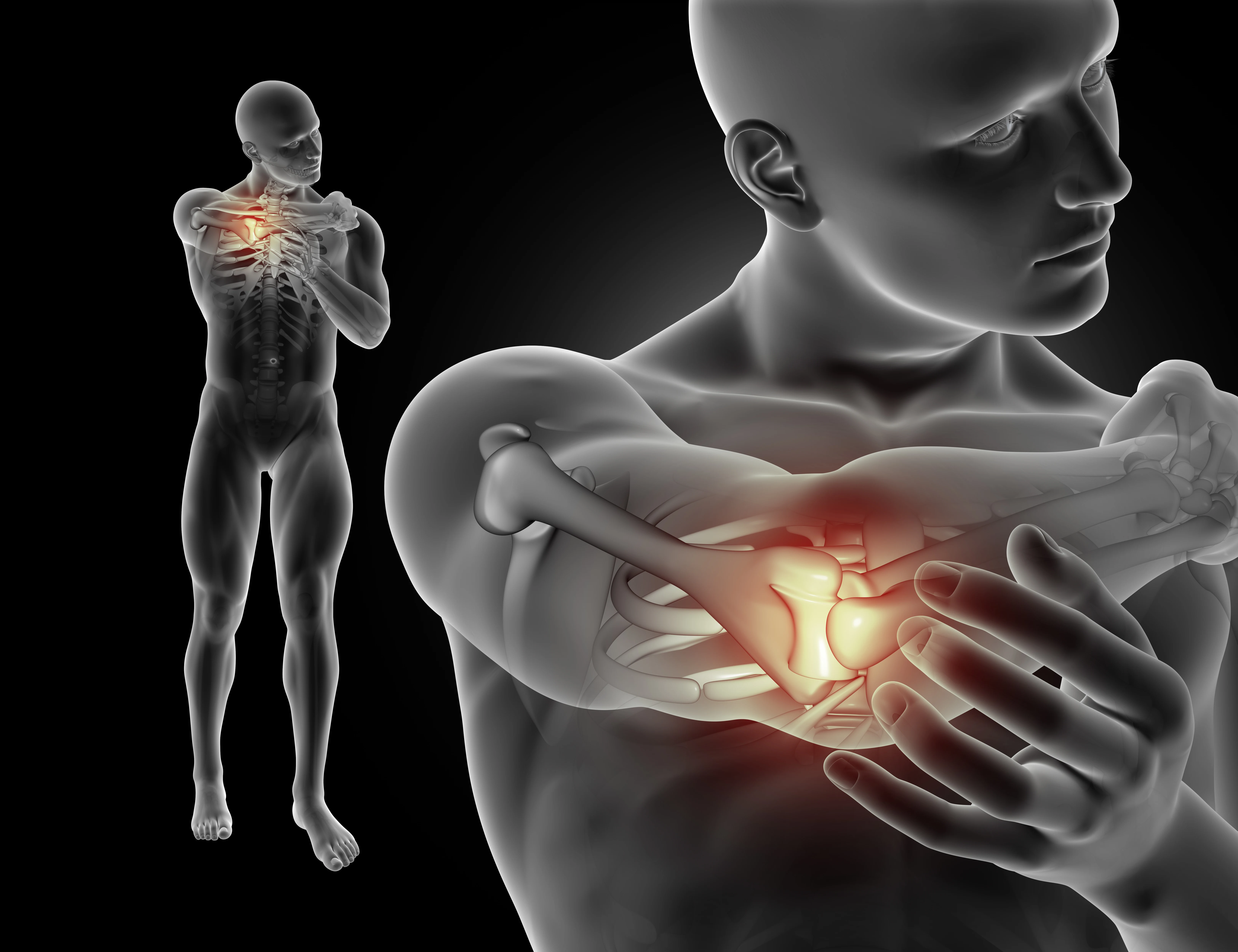What Causes Diabetes?
Category: Blogs
Diabetes is one of the most common chronic diseases worldwide, affecting millions of people and increasing the risk of serious health complications. Understanding what causes diabetes is essential for prevention and management. Whether you are newly diagnosed or want to know how to reduce your risk, knowing the root causes can empower you to take control of your health.
At Lokmanya Hospitals, widely regarded as the best hospital for diabetes care and management in Pune, we provide comprehensive diagnosis, treatment, and lifestyle guidance. Our multidisciplinary team of endocrinologists, dietitians, and diabetes educators work together to deliver personalized care using the latest technology and evidence-based protocols.
What Is Diabetes?
Diabetes mellitus is a group of metabolic disorders characterized by high blood glucose (sugar) levels over a prolonged period. This happens when the body either doesn’t produce enough insulin or cannot use insulin effectively.
- Why is insulin important?
Insulin is a hormone produced by the pancreas that allows cells to absorb glucose for energy. Without sufficient insulin or insulin action, glucose builds up in the blood, leading to hyperglycemia.
Types of Diabetes and Their Causes
There are primarily three types of diabetes:
1. Type 1 Diabetes
- What causes Type 1 Diabetes?
Type 1 diabetes is an autoimmune condition where the immune system attacks and destroys insulin-producing beta cells in the pancreas. This results in little or no insulin production. - When does it develop?
It usually appears in childhood or adolescence but can occur at any age. - Why does the immune system attack the pancreas?
The exact cause is unknown, but genetic predisposition and environmental triggers like viruses may play a role.
2. Type 2 Diabetes
- What causes Type 2 Diabetes?
Type 2 diabetes develops when the body becomes resistant to insulin or when the pancreas cannot produce enough insulin to compensate. This is the most common type of diabetes. - What are the risk factors?
Obesity, physical inactivity, unhealthy diet, family history, and age are major contributors. - Why does insulin resistance occur?
Excess body fat, especially around the abdomen, causes inflammation and hormonal changes that reduce the effectiveness of insulin.
3. Gestational Diabetes
- What causes Gestational Diabetes?
This type occurs during pregnancy when hormonal changes cause insulin resistance. - When does it develop?
Usually in the second or third trimester. - Why is it important?
Gestational diabetes can increase the risk of complications during pregnancy and raises the chance of developing Type 2 diabetes later in life.
Other Less Common Types and Causes
- Monogenic diabetes: Caused by single gene mutations.
- Secondary diabetes: Due to other medical conditions like pancreatitis, hormonal disorders, or certain medications.
Common Causes and Risk Factors Explained
1. Genetics and Family History
Diabetes tends to run in families, especially Type 2 diabetes. Having a close relative with diabetes increases your risk, but lifestyle factors often influence whether the disease actually develops.
2. Obesity and Overweight
Excess body fat, particularly abdominal fat, is a leading cause of insulin resistance. Fat cells release chemicals that disrupt insulin’s function, making it harder for glucose to enter cells.
3. Sedentary Lifestyle
Physical inactivity contributes to weight gain and reduces the body’s sensitivity to insulin. Exercise helps muscles use glucose more efficiently and improves insulin sensitivity.
4. Unhealthy Diet
Diets high in processed foods, sugars, and unhealthy fats contribute to obesity and insulin resistance. Consuming excessive sugary drinks and refined carbs causes rapid blood sugar spikes.
5. Age and Hormonal Changes
Risk of Type 2 diabetes increases with age, especially after 45, due to hormonal shifts and metabolic slowdown.
6. Stress and Sleep Patterns
Chronic stress and poor sleep disrupt hormones that regulate blood sugar and appetite, increasing diabetes risk.
7. Other Medical Conditions
Conditions like high blood pressure, high cholesterol, and polycystic ovary syndrome (PCOS) are linked to higher diabetes risk.
When Should You Be Concerned About Diabetes?
If you experience symptoms such as excessive thirst, frequent urination, unexplained weight loss, fatigue, or slow-healing wounds, it’s important to get tested. Early diagnosis and management can prevent serious complications like heart disease, kidney failure, and vision loss.
Why Choose Lokmanya Hospitals for Diabetes Care?
Lokmanya Hospitals is recognized as the best hospital for diabetes treatment and management in Pune. Our comprehensive Diabetes Care Unit combines advanced diagnostics, personalized treatment plans, and ongoing education to help you manage and reverse the disease.
Our expert endocrinologists stay updated with global protocols and tailor therapies that suit your individual needs. We emphasize lifestyle modifications alongside medication, ensuring a holistic approach that improves your quality of life.
Thousands of patients trust Lokmanya Hospitals for their diabetes care due to our compassionate staff, state-of-the-art facilities, and proven results.
Preventing Diabetes: Key Lifestyle Changes
- Maintain a healthy weight through a balanced diet and regular exercise.
- Choose whole grains, lean proteins, fruits, and vegetables.
- Limit sugary foods, refined carbohydrates, and unhealthy fats.
- Stay physically active—aim for at least 150 minutes of moderate exercise per week.
- Manage stress through relaxation techniques.
- Get regular health check-ups and blood sugar monitoring.
Conclusion
Diabetes is caused by a combination of genetic and lifestyle factors that disrupt the body’s ability to regulate blood sugar. Understanding these causes helps in prevention, early detection, and effective management. If you or a loved one is at risk, consulting with experts at Lokmanya Hospitals, the best hospital for diabetes care in Pune, can make all the difference. Our specialized team ensures you receive personalized, cutting-edge treatment to manage diabetes and lead a healthy life.
Frequently Asked Questions About Diabetes Causes
- Why does obesity cause diabetes?
Obesity causes insulin resistance by releasing chemicals that interfere with insulin function, making it harder for cells to absorb glucose. - What role does genetics play in diabetes?
Genetics predispose you to diabetes, especially Type 2, but lifestyle factors ultimately determine whether it develops. - When should I get tested for diabetes?
If you have risk factors such as family history, obesity, or symptoms like excessive thirst, get tested promptly. - What are the early signs of diabetes?
Increased thirst, frequent urination, fatigue, blurred vision, and slow wound healing are common signs. - How can I reduce my risk if diabetes runs in my family?
Maintain a healthy lifestyle, control weight, exercise regularly, and monitor your blood sugar levels regularly.
Previous blog

How To Reduce High Blood Pressure?
Next blog






